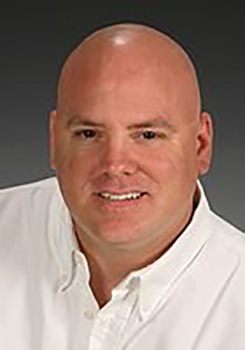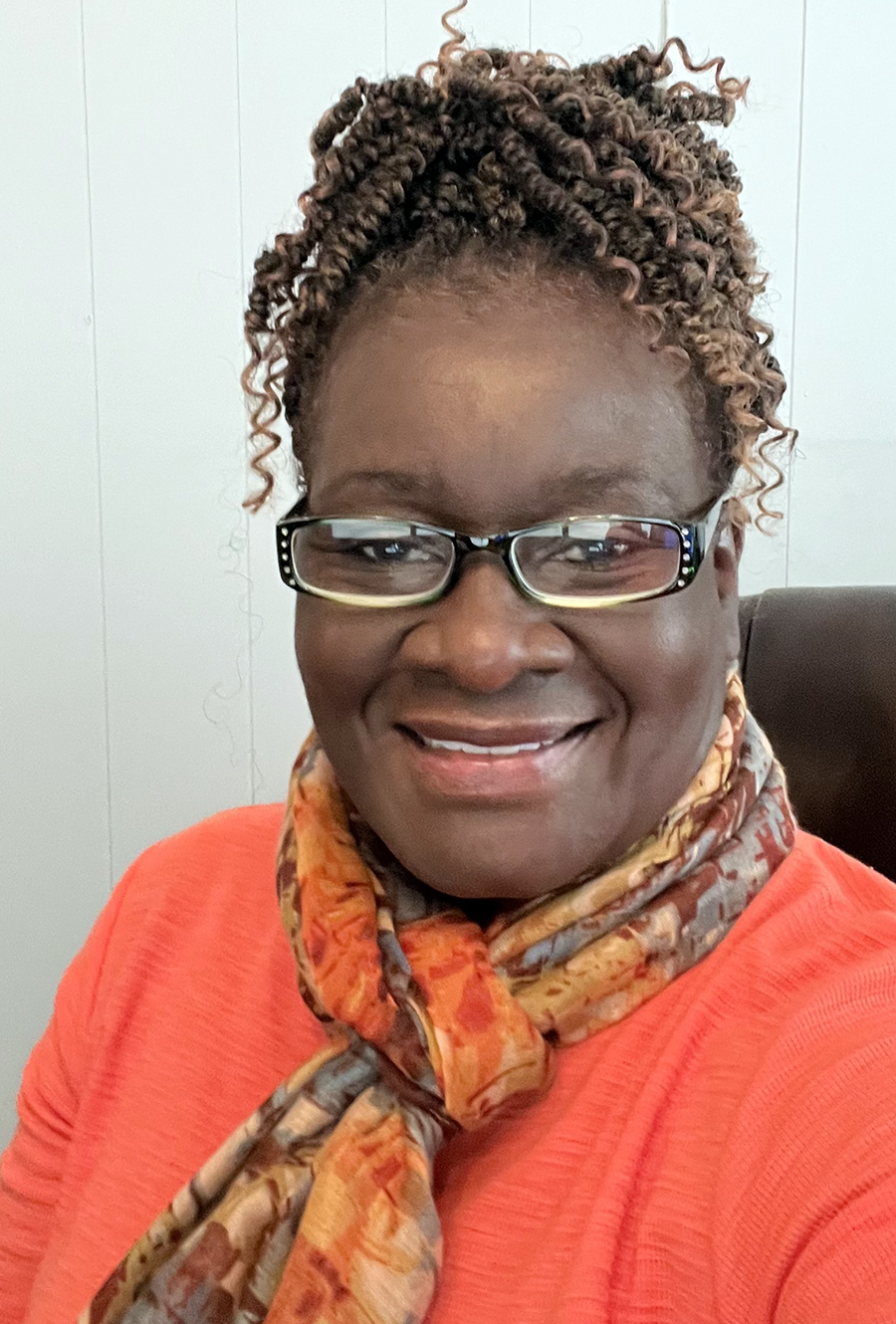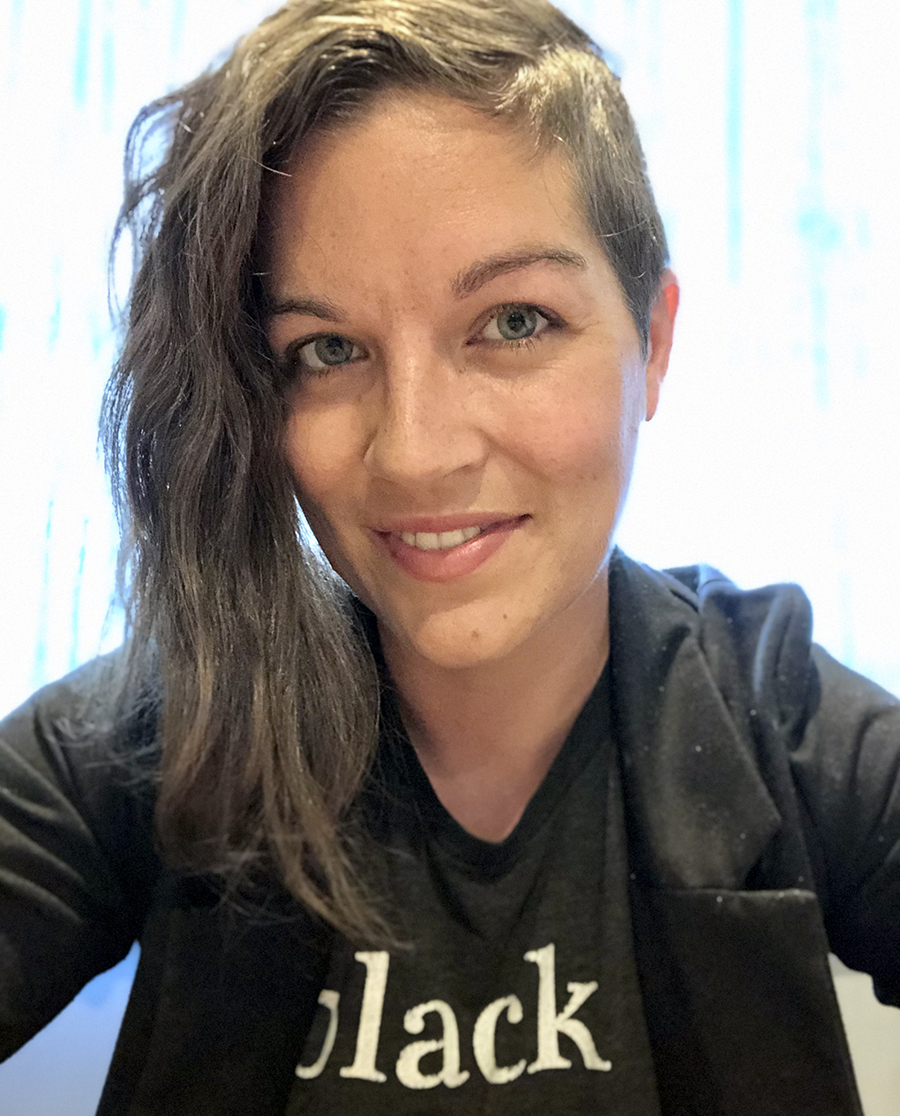Smith Reynolds Foundation Awards Sabbaticals to NC’s Nonprofit Leaders
Winston-Salem, NC – The Z. Smith Reynolds Foundation (ZSR) has announced the recipients of its 2022 Sabbatical Program.
Since 1990, the Foundation has honored North Carolina’s nonprofit leaders for their dedicated service and commitment to the sector by awarding sabbaticals. Since the program’s inception, Z. Smith Reynolds Foundation has invested nearly $3.1 million in the Sabbatical Program and provided sabbaticals to 154 nonprofit leaders. Up to five sabbaticals, which had previously been offered annually until 2016, are now offered every other year. In 2016, the Foundation also increased financial support to assist organizations with planning and transition expenses.
Established as one of the first of its kind, Z. Smith Reynolds’ Sabbatical Program is intended to provide veteran nonprofit leaders across the state with an extended break from work that allows time to focus on their personal needs, growth, and self-revitalization so that they can return to their organizations with a rejuvenated spirit and renewed sense of focus. Recipients are encouraged to spend three to six months engaging in activities that interest them and that are unrelated to their field of work.
“It is such an inspiration to hear the personal stories and professional achievements of so many incredible nonprofit leaders across the state,” said Chair of the Sabbatical Committee Virgil Smith and Z. Smith Reynolds Foundation Trustee. “The Foundation’s Sabbatical Program is not only intended to ensure that we retain strong leadership within the nonprofit sector, but also provide nonprofit leaders with what they need to return to their organizations feeling refreshed, renewed, and ready to work on behalf of the residents of North Carolina.”
“Many leaders of the nonprofit sector are passionate about their organization’s missions, dedicated to their communities, and extremely selfless,” said Maurice “Mo” Green, executive director of the Z. Smith Reynolds Foundation. “Oftentimes, however, because of this commitment, they can reach a point where they have completely expended their personal energy. This time away allows them the opportunity to reenergize and refocus so they can come back to work with fresh ideas and newfound momentum. Our hope is that this program not only benefits the recipients but also benefits the staff, the board, and the communities they are working alongside.”
This year’s recipients are:
- John Devaney, president and CEO of Cape Fear Clinic, Inc. (Wilmington, NC)
- Annette Hampton, executive director of Safe Haven of Person County, Inc. (Roxboro, NC)
- Tracey Ray, executive director of Safe Haven of Pender, Inc. (Burgaw, NC)
- Terri Thomas, executive director of Vision Resource Center (Fayetteville, NC)
- Rachel Valentine, executive director of Orange County Rape Crisis Center (Chapel Hill, NC)
Eligibility for a sabbatical is limited to individuals in paid, full-time executive-level positions with a North Carolina-based nonprofit, who have served in their organizations for at least three years (two of which are in an executive-level position). Preference is given to individuals with at least five years of experience with their organization. This program is not intended for public school, college, university, or government employees, hospital administrators, and full-time clergy. 2023 will be the next year leaders can apply with sabbaticals awarded in 2024.
Profiles of the 2022 recipients are below:

For the past 12 years, John Devaney has worked as president and CEO of Cape Fear Clinic, an organization that provides affordable patient-centered healthcare to low-income individuals and families in the Cape Fear region. His responsibilities include, but are not limited to: motivating and directing the operations of the Clinic; managing staff and volunteers; overseeing and participating in program development and implementation; generating clinic funding through grant writing; developing donor relations within the Community, and serving as a liaison between the clinic and the board of directors. John is described as “the glue that keeps the Clinic running.” John has worked in the nonprofit sector for 27 years.

For the past 15 of 17 years at the organization, Annette Hampton has worked as the executive director of Safe Haven of Person County, which is dedicated to assisting victims/survivors and their families in ending domestic and sexual violence and discrimination in their lives through education, systems change, building community partnerships, and ensuring availability and accessibility of support services. Her responsibilities include, but are not limited to: focusing on the organization’s financial and operations performance; driving growth to achieve long-term sustainability; and managing core functions such as operations, human resources, training, marketing, and development. A colleague of Annette’s said, “Our organization would not be where it is now if it was not for the guidance of Ms. Hampton’s leadership,” and that “she will get out of her bed in the middle of the night, to make sure a client along with their children will be safe.” Annette has worked in the nonprofit sector for 17 years.

Dr. Tracey Ray has worked with Safe Haven of Pender County for the past 13 years, three of those as executive director. The organization’s mission is to provide shelter, services, and resources to women, children, and men who are victims/survivors of domestic violence. As executive director, Tracey’s responsibilities include, but are not limited to developing, revising, and implementing strategies to promote Safe Haven; working collaboratively with the board of directors to create complete business plans for the attainment of goals and objectives set by the board; ensuring adherence to the organization’s daily activities and long-term plans to established policies and procedures, and assuming fiduciary responsibilities of the organization. A colleague of Tracey’s has stated, “I have witnessed no greater commitment to meeting the needs of domestic violence and sexual assault survivors than I have witnessed of Dr. Ray.” Tracey has worked in the nonprofit sector for 27 years.

For the past 12 years, Terri Thomas has served as executive director of The Vision Resource Center, an organization that enhances the quality of life for individuals who are blind or visually impaired. In this role, Terri’s responsibilities include, but are not limited to overseeing general operations of the Vision Resource Center; preparing all operating and programming budgets; maintaining all financial aspects of the organization; keeping the board apprised of what is happening; participating in fundraising efforts, and handling all public relations. A colleague of Terri’s stated that she “has worked tirelessly day in and out to ensure that our members are in a good mental space. She works hard to meet their needs.” Terri has worked in the nonprofit sector for 12 years.

For the past four of 11 years at the organization, Rachel Valentine has served as executive director of Orange County Rape Crisis Center, which works to end sexual violence and its impact through support, education, and advocacy. In this role, Rachel’s work centers around building a supportive culture of resilience for survivors and their allied advocates, ensuring that service equity is more than a buzzword, and pushing the field towards visions of justice that are survivor-centered. A colleague of Rachel’s has said, “Her passion, resilience, organizational knowledge, and work ethic are some of the most impressive of anyone I have worked with within the nonprofit or corporate world.” Rachel has worked in the nonprofit sector for 15 years.
ABOUT THE Z. SMITH REYNOLDS FOUNDATION
The mission of the Z. Smith Reynolds Foundation (ZSR) is to improve the quality of life for all North Carolinians. ZSR is a statewide, private, family foundation that has been a catalyst for positive change in North Carolina for 85 years. Headquartered in Winston-Salem, NC, the Foundation has invested more than $647 million into North Carolina since its inception. For more information about the Foundation or to learn more about ZSR’s Sabbatical Program, visit www.zsr.org.


